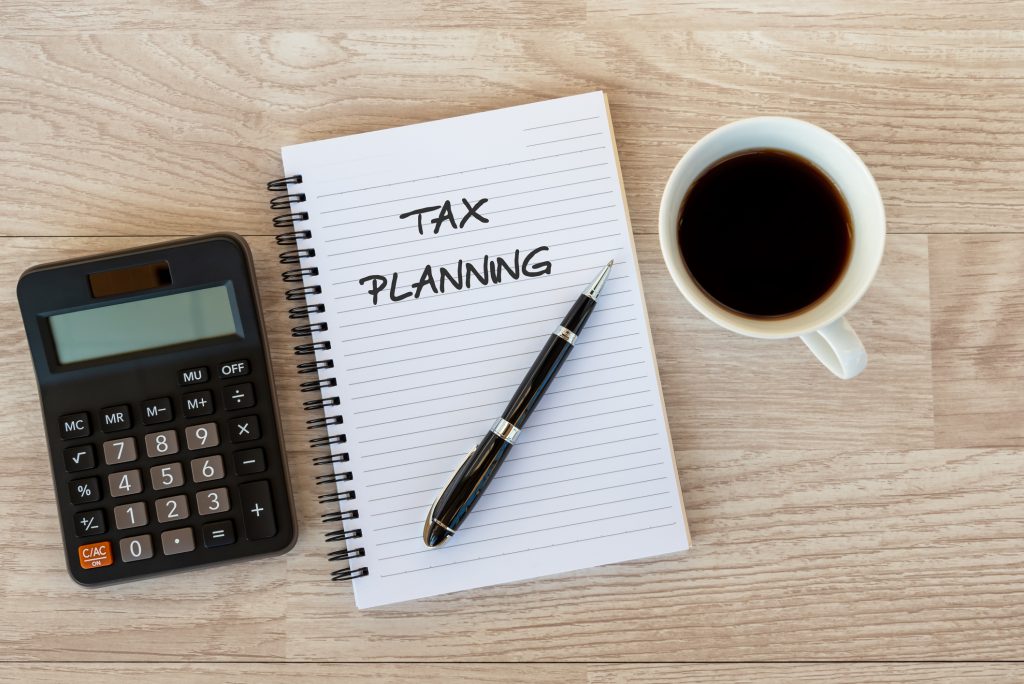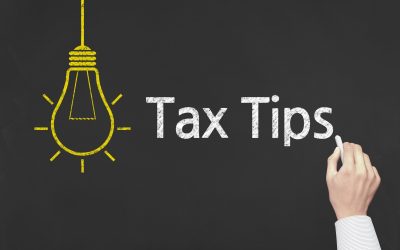
Retirees may no longer receive taxable income from an employer, but they will likely receive income from other sources which can be taxed. And while we know what the tax rates are now, we don’t know what they’ll be in 10 or 20 years – or even one year from now. This is why it’s important to plan for the tax rates of the future when it comes to taxes.
Now vs. Tomorrow
Right now, many people are enjoying relatively low tax rates: In 1944, the highest income tax rate was 94%, and in 1978 the maximum capital gains tax rate was almost 40%.[1] Currently, the highest income tax bracket is 37%, and the highest long-term capital gains tax rate is 20%.[2] The Biden administration’s proposed tax changes include several potential tax-increasing measures for certain individuals. The top marginal income tax rate would go from 37% to 39.6%, and the long-term capital gains rate of 20% for those making over $1 million would disappear. This means that capital gains would instead be taxed at 39.6%, plus the additional 3.8% Obamacare tax.[3] We could also see an end to the step-up in basis, which would potentially mean a much more significant tax burden for beneficiaries. It’s important to have a plan to help minimize your taxes in retirement whether or not we see all of these changes.
Social Security
To help determine if you will owe tax on your Social Security benefit, add up your adjusted gross income, nontaxable interest, and half of your Social Security benefit. If it’s more than $25,000 as an individual, or more than $32,000 if you’re married and filing jointly, then you will likely owe tax on up to 50% of your benefit. As a single filer, if your combined income is more than $34,000, or as a married couple filing jointly with combined income over $44,000, then up to 85% of your benefit can be taxed.[4] This is why integrating a Social Security maximization strategy with an overall plan to help minimize your tax burden in retirement is vital when planning for your future self.
Retirement Account Distributions
If you have a traditional 401(k) or IRA, you will transition from enjoying their tax-deferred status to paying taxes on distributions in retirement. Even if you don’t need the money right away, you will eventually have to start withdrawing from them annually after you turn age 72. Distributions from Roth accounts, however, are not taxed because they are funded with after-tax dollars. One tax minimization strategy to consider is to convert funds from traditional retirement accounts such as 401(k)s and IRAs to a Roth account. In this case, you would pay tax on the amount converted at today’s rates rather than pay the unknown rates of the future on distributions from a traditional retirement account.
We can help you plan for the long-term by assessing your current situation and potential future tax burden in retirement. Taxes don’t disappear in retirement, so plan for your future self. We offer complimentary financial reviews so that you can get your questions answered, and we can help you take the first step towards creating a comprehensive retirement plan built to last for the long road ahead. Sign up for a time to talk with us.
[2] https://www.irs.gov/newsroom/irs-provides-tax-inflation-adjustments-for-tax-year-2019
[3] https://www.forbes.com/sites/robertwood/2021/06/07/biden-retroactively-doubles-capital-gain-tax-but-keeps-10m-benefit/?sh=1b563b1bc4b4
[4] https://www.ssa.gov/planners/taxes.html



